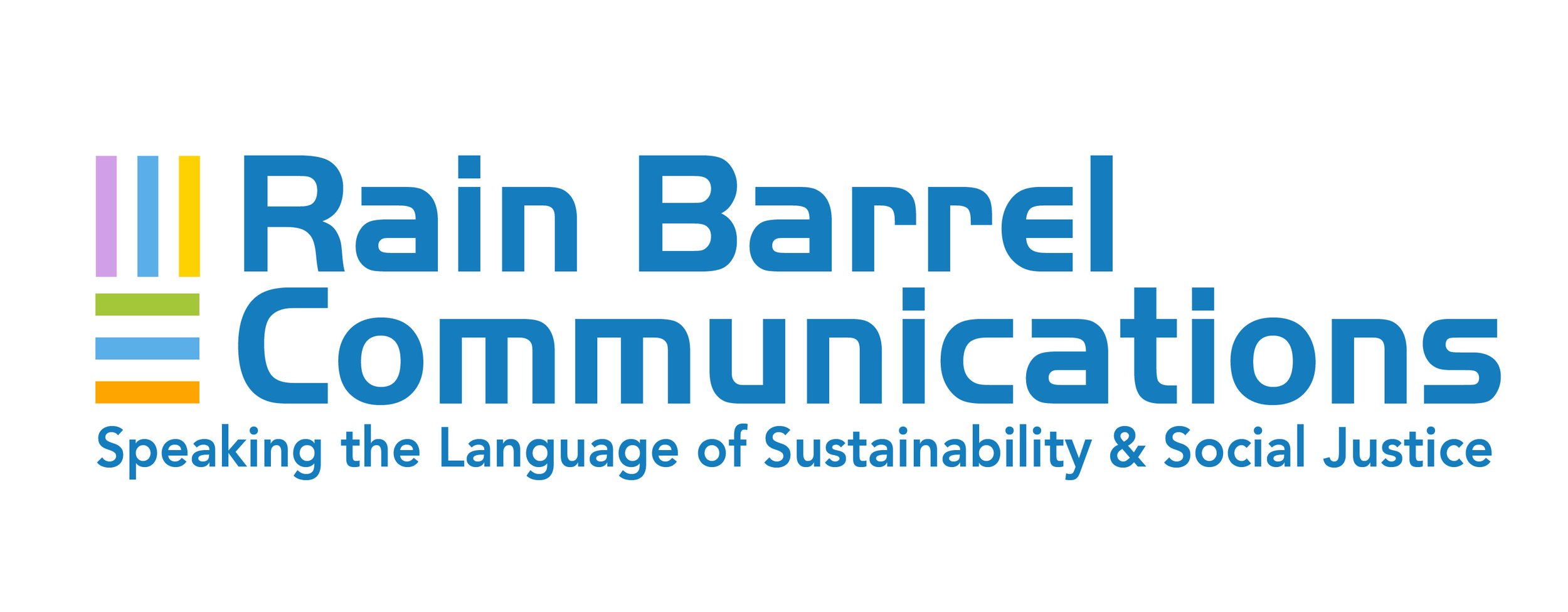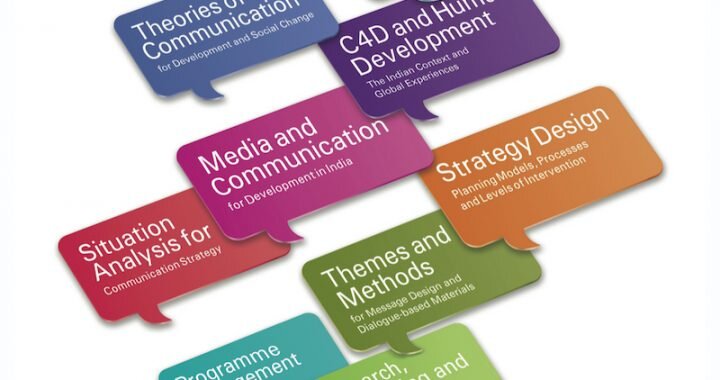RBC Strengthens Communication for Social and Behavior Change in Indian Universities
How can Communication for Social and Behavior Change (CSBC) be adapted to various academic disciplines? How will a course in mass communication differ from one in an applied social science? That’s the challenge RBC Associate Dr. David Mould faced in a recent project in India.
In 2013, UNICEF India’s C4D Section introduced a nine-module university curriculum. It was an ambitious undertaking, the product of two years’ work by a consortium of nine universities and national and international scholars. The curriculum, designed for a two-year post-graduate degree or one-year certificate program, was competency-based, focusing on the knowledge and skills students need to work as C4D professionals.
Six years later, a revised curriculum reflecting changes in theory and practice in the field was published. “I came in as it was being finalized,” said Mould, “so there wasn’t much of substance I could contribute, but I used the nine modules as the basis for my assignment—to design a one-semester CSBC course.”
Although several Indian universities offer, or are developing, full master’s programmes in C4D or CSBC, it’s an investment most are not yet ready to make. Typically, departments in communication and social sciences will offer just one or two courses in the field.
After meetings at universities in Delhi in August, Mould realized that designing a one-size-fits-all course would not work. “The mass communication students already know about media channels, campaign strategy and messaging, the social work students about participatory research and community mobilization,” he said. “I needed to strike a balance between what different groups of students already knew—and what they needed to know.”
At that point, India’s civil service, often regarded as a barrier to progress, unexpectedly came to Mould’s aid. University Grants Commission (UGC), the government body that funds and regulates public higher education institutions, is attempting to streamline and standardize curricula and assessment. Its most significant reform is the introduction of a Choice-Based Credit System (CBCS), giving students more freedom to select courses related to and outside their discipline. Under the CBCS, courses fall into four categories:
Core courses—compulsory courses in a discipline.
Discipline Specific Elective (DSE) courses closely related to the discipline.
Generic Elective (GE) courses, chosen from an unrelated discipline.
Ability Enhancement Courses (AEC) providing specific competencies.
Elective courses provide an avenue to bring CSBC to students who might never otherwise encounter the field. CSBC, drawing on the theories and practices of several disciplines, also fits well into UGC’s goal to have universities offer more interdisciplinary courses.
“It was a complex design task,” said Mould, who worked with RBC Associate Dr. Suruchi Sood and Director Paula Claycomb. “We ended up preparing not one but three courses. One was a Generic Elective, that a department could offer to students throughout the university. The other two were Discipline-Specific Electives for students in mass communication and applied social sciences on CSBC topics they did not cover in their other coursework.”
For the Generic Elective, key topics were selected from the nine modules. The course consists of topical content, recommended readings, case studies, discussion questions, and group activities and assignments, divided into weekly segments. An appendix lists case studies by topic and by state/city. The aim was to make the course accessible to students from various disciplines, and to teachers who lacked specialized knowledge in CSBC.
Draft versions of the three courses were reviewed and revised at a three-day workshop at Jamia Millia Islamia University in Delhi in late November. A total of 32 faculty, from 22 institutions in 11 states, attended. Faculty who had served on the working group for the CSBC curriculum presented on how they teach specific topics; outside experts covered emerging topics, including behavioural economics and social media data analytics. Panel discussions focused on workplace competencies and the challenges of advocating for CSBC within universities. By bringing together faculty from two broad fields—social work/development studies/applied social sciences and mass communication/journalism/media—the workshop fostered an exchange of perspectives.
During his two visits, Mould also worked with the New Concept Centre for Development Communication (NCCDC) in Delhi on developing a blended learning course on CSBC for young professionals. Under India’s Corporate Social Responsibility law, corporations are required to invest two per cent of profits to benefit communities or marginalized groups. Many fulfill the obligation through foundations, sending recent university graduates into the field to work on development programs.
RBC made recommendations to UNICEF India for follow-up activities, including:
A new mapping study of university CSBC capacity;
Developing the Generic Elective as a MOOC, using financial incentives offered by UGC;
Two-day “Introduction to CSBC” workshops for faculty from regional universities;
Incentivizing faculty research and publication in SCOPUS-indexed peer-reviewed journals.

